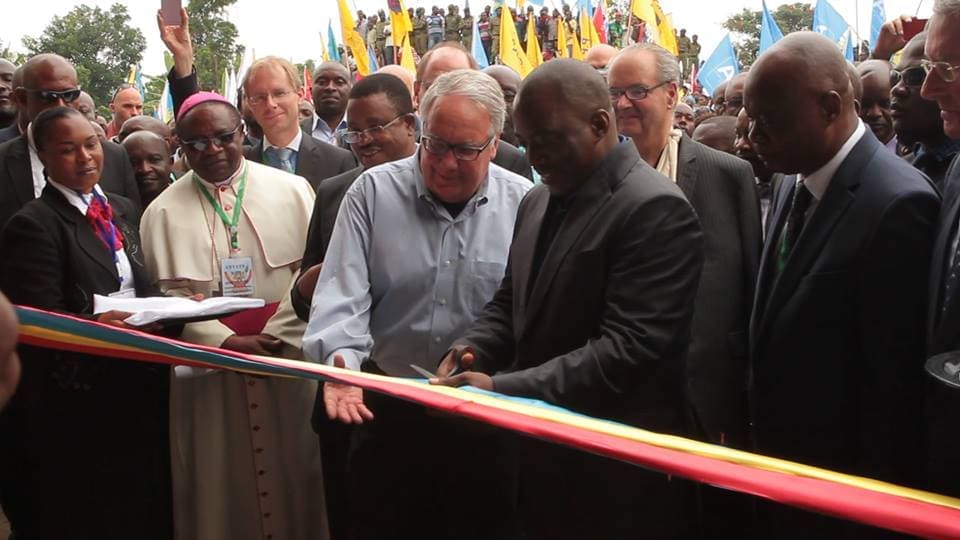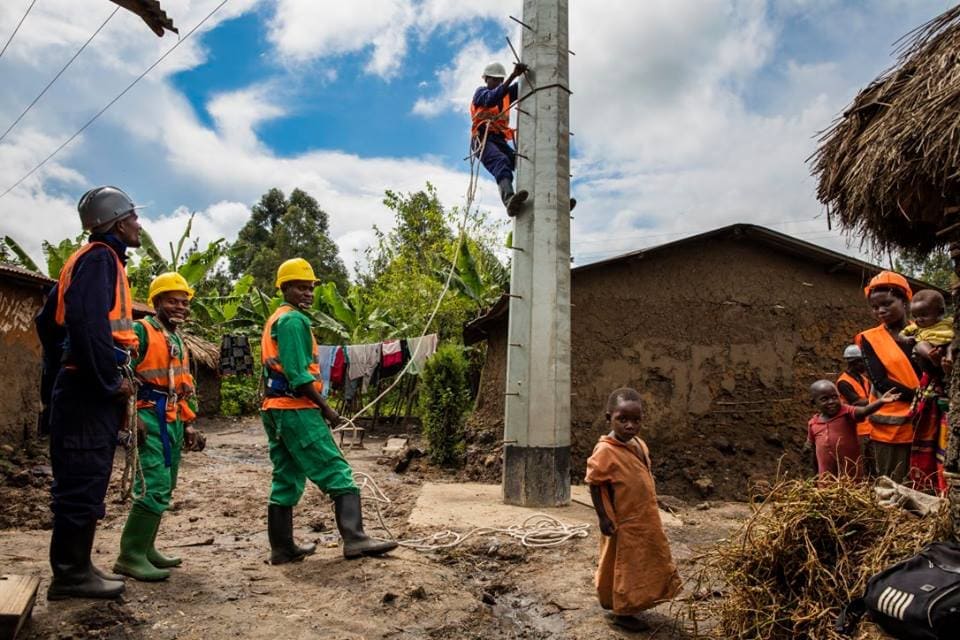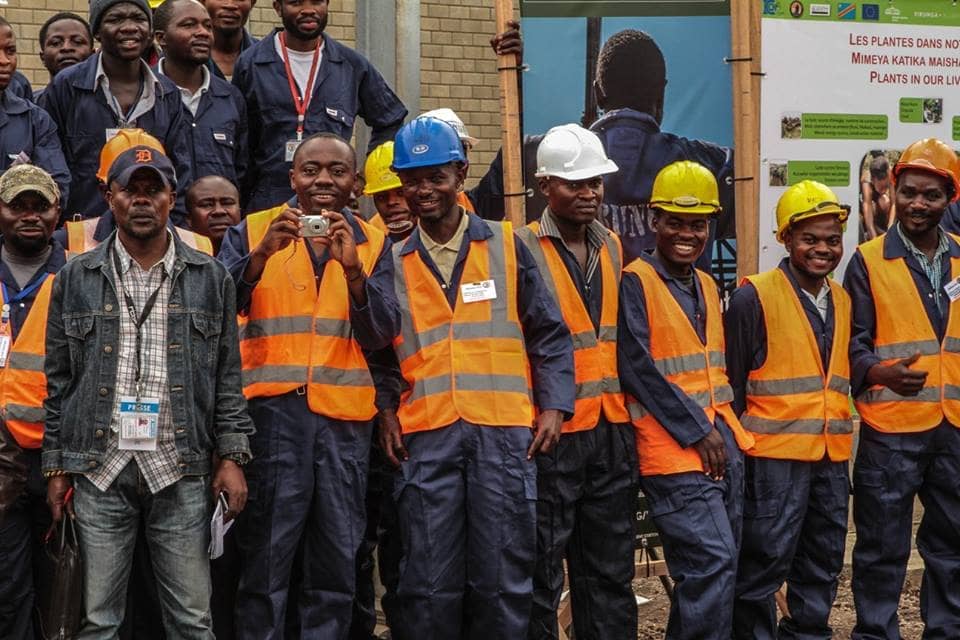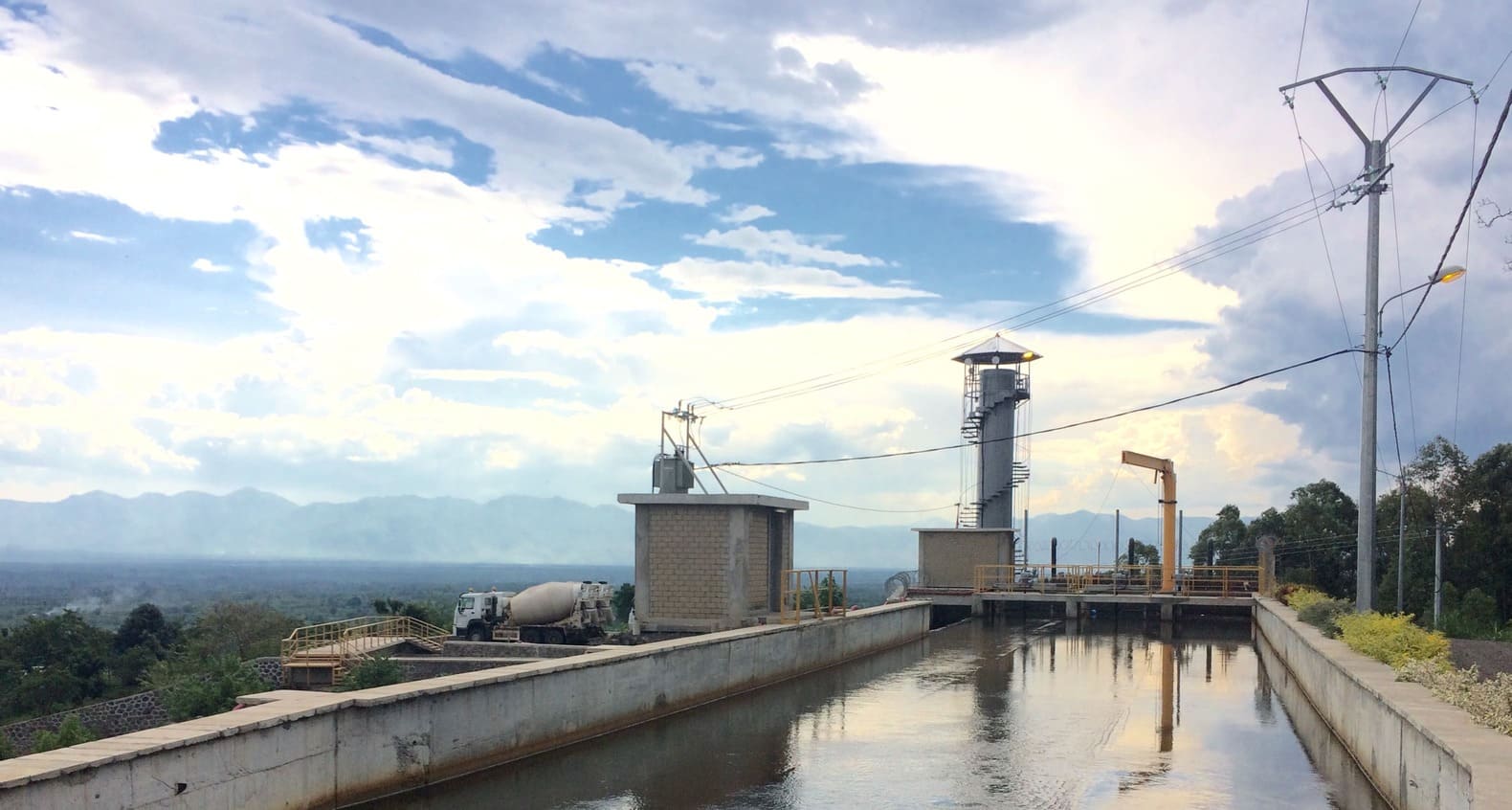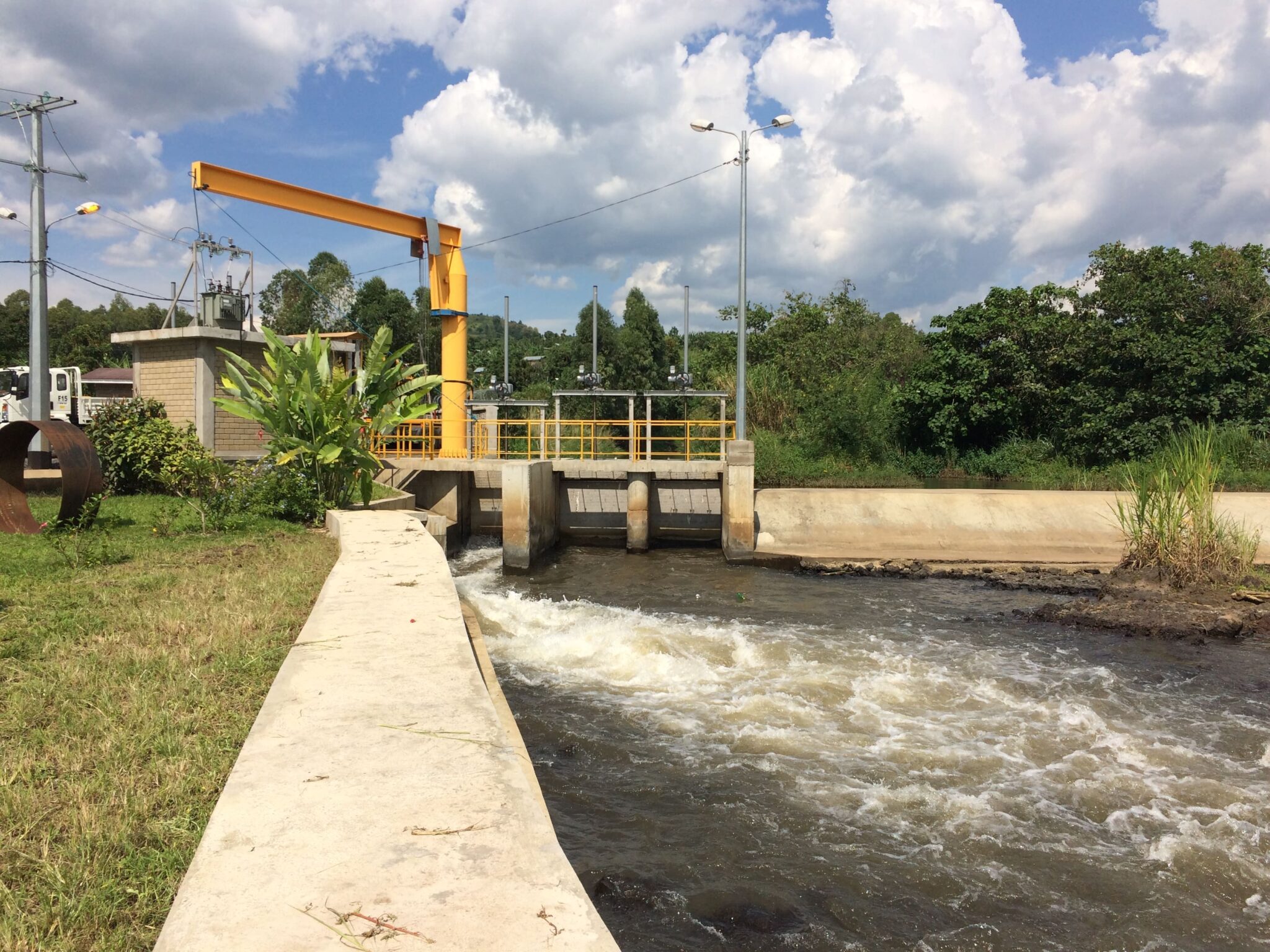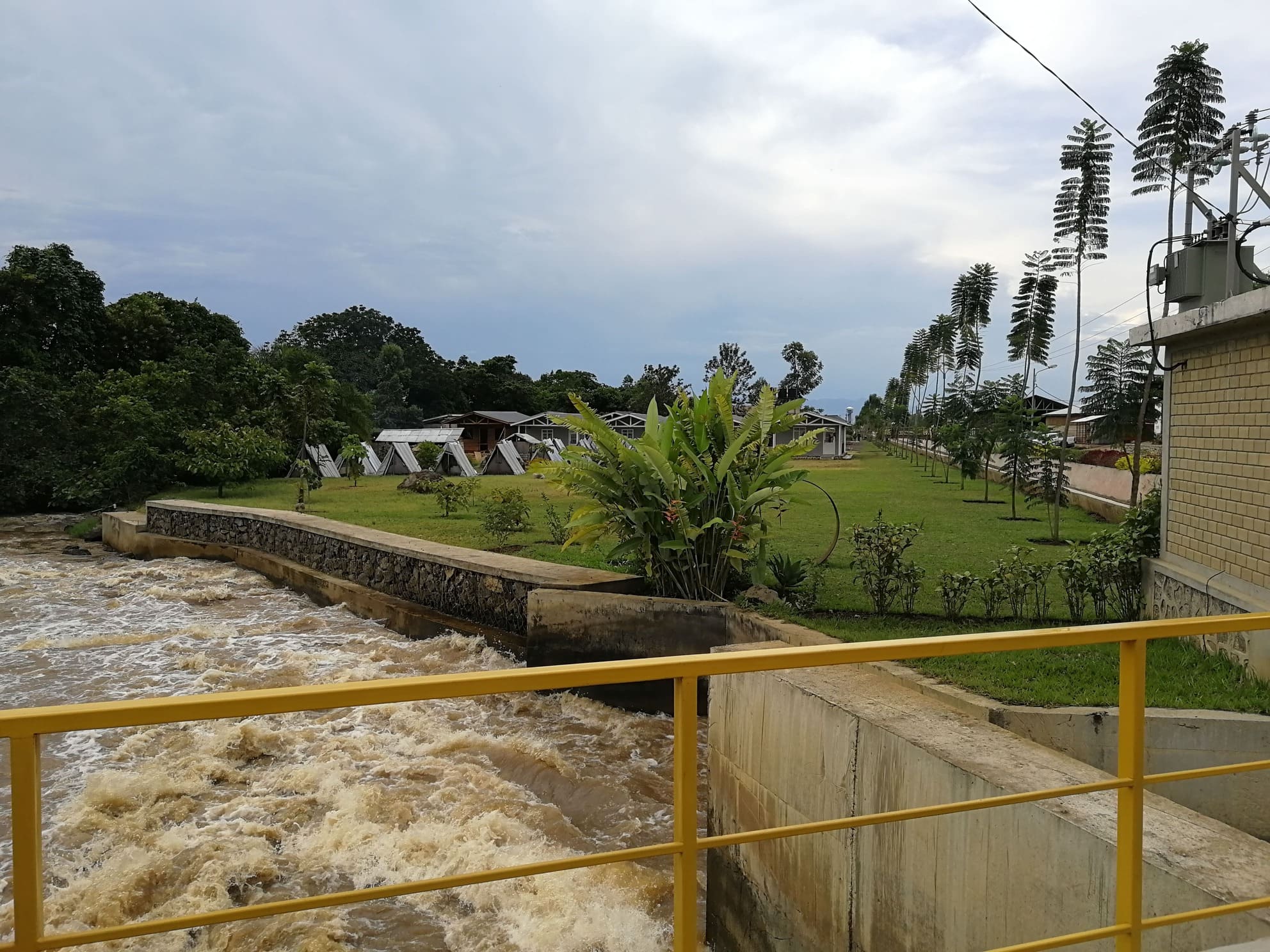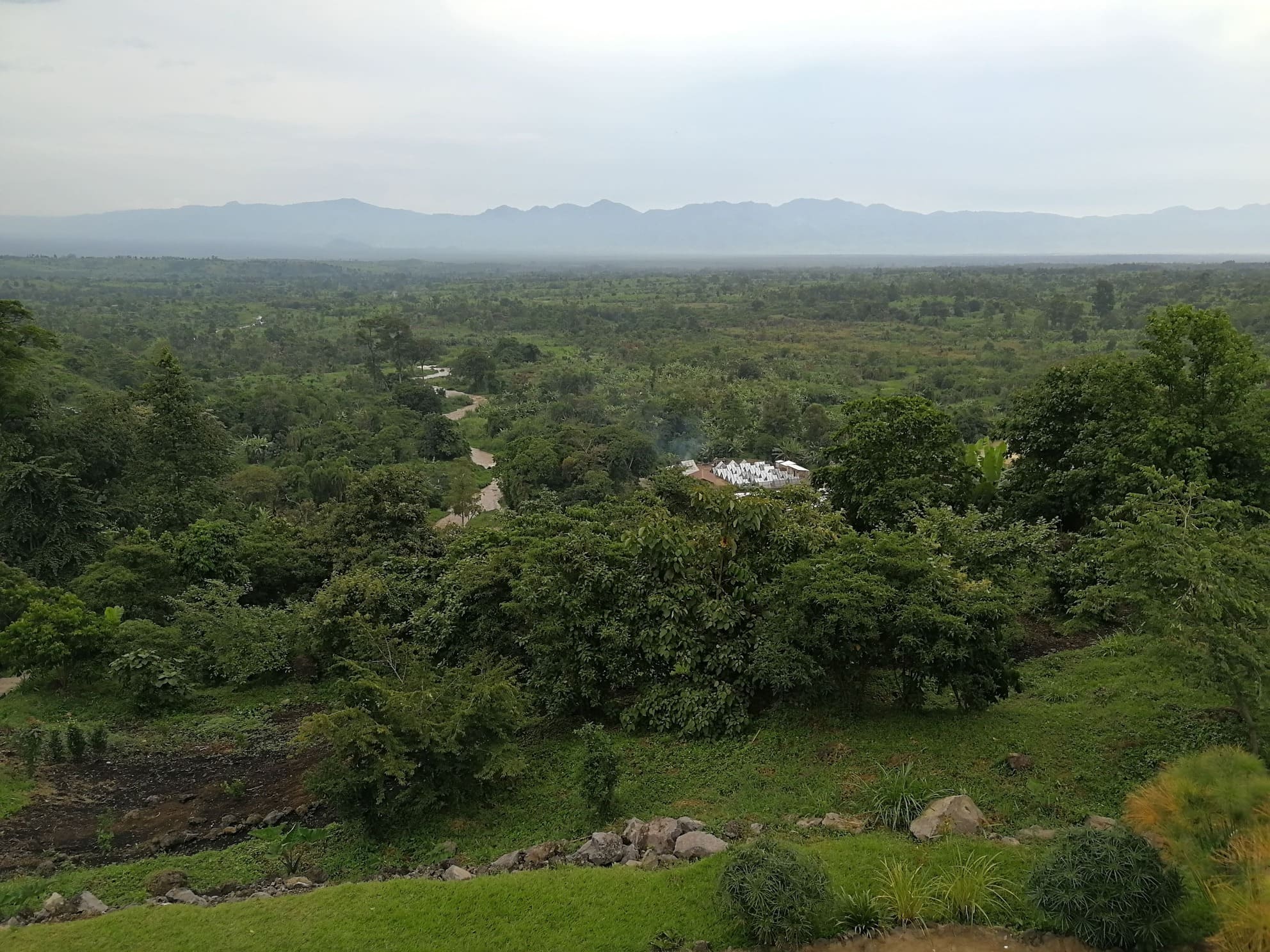Description
Project Name: Matebe
Project Owner: Virunga Alliance
Standard: Verra VCS
Project ID: 1716
Since 2016, the Matebe hydropower project has been a cornerstone of the Virunga Alliance, igniting a green economy in the heart of the Democratic Republic of Congo. By replacing polluting, costly fossil fuel generators with clean, renewable energy, Matebe ensures the long-term sustainability of the Virunga National Park and its surrounding communities.
As part of the Virunga Alliance’s ambitious plan to provide energy access to 4 million people in and around Virunga National Park, Matebe is already transforming the region. The project delivers clean electricity to 30,000 beneficiaries, including 300+ small and medium enterprises (SMEs) and critical public services like schools and health clinics. By powering businesses and essential facilities, Matebe drives economic growth, enhances education, and improves healthcare, fostering a brighter, more resilient future for remote communities.
Matebe’s small run-of-river hydropower system is a model of environmental stewardship. Unlike traditional dams, it requires no reservoir, minimizing ecological disruption while harnessing the park’s abundant hydrological resources. This sustainable technology stabilizes the grid and operates off-grid to serve isolated rural areas, delivering reliable energy where it’s needed most.
The Virunga Alliance isn’t stopping here. With Matebe, the goal is bold: scale up to 100 MW of clean energy by 2040 through a network of hydroelectric plants, including the under-construction 13 MW Rwanguba station. The Alliance is building a future where energy poverty is history, and Virunga stands as a global beacon of sustainable development.



